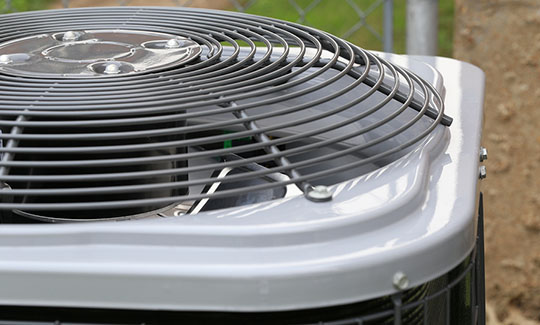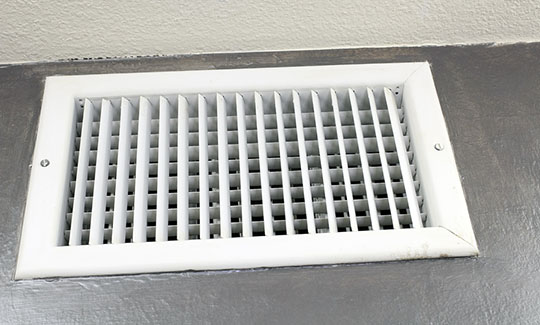Do you have to turn up the volume on the television whenever your air conditioner engages? Do you feel like your HVAC system is louder than it was last year? A noisy air conditioner may require a simple, do it yourself fix, or it may indicate extensive, professional maintenance and repairs are required.
A professional HVAC technician can inspect and identify the source of the noise, but you can potentially avoid a service call by diagnosing the issue yourself. This post will help you determine whether the sound is coming from your outdoor unit or indoor air handler, and help you diagnose the issue with your outdoor unit.
In the following post, we will discuss indoor noise issues in more detail.
Step 1: Identify the Location of the Noise
The location of the loud noise will tell you a lot about the severity of the issue. With the air conditioning system engaged, listen for whether the noise indoors or outside. If inside, does the noise derive from the indoor air handler or from the attic?
If the source of the sound is outside it could indicate:
- There is debris in the fan.
- The fan blades are dirty.
- The fan requires tightening.
- The fan blades are damaged.
- The unit is leaking refrigerant.
If the source of the sound is inside it could in indicate:
- Similar fan issues as the outdoor unit.
- The motor is damaged.
- Refrigerant is leaking.
- There are loose screws in the ductwork.
- The ductwork requires servicing.
Step 2: Examine the Outdoor HVAC Unit
If you have determined the source of the noise is coming from the outdoor unit, listen for the type of sound it is making.
- A rattle could mean the debris has fallen into the fan. It could also be indicative of loose screws.
- A hissing sound is likely indicative of leaking refrigerant. This will require professional repair immediately.
- A grinding sound could indicate issues with the motor that should be examined by a professional service technician immediately.
Step 3: Addressing the Issue
If you hear a hissing or a grinding sound, call a professional immediately. Otherwise, before performing any maintenance to your outdoor unit, make sure turn off your air conditioning system at the thermostat andswitch the HVAC off at your circuit breaker.

Remove the grate covering the fan and examine the area for debris. Remove any sticks, twigs, or leaves from the area around the fan. If the fan blades are dirty, clean them with a wet towel. If the blades are dented, dinged, or bent so that they are no longer straight, they will have to be replaced in order to quiet the noise.
If the fan is loose, tighten the hub-screw. If you noticed a squeaking sound from the fan motor, you will need to remove any dirt and debris from it as well, any tighten any loose screws.
Finally, if a squeaking sound persists, the bearing may require lubrication. Your manufacturer’s website or instruction manual will likely have details regarding types and amounts of lubrication. Again, make sure the unit is turned off both at the thermostat and the circuit breaker before performing any maintenance.
Step 4: Contact a Professional Technician
If you continue to hear the noise after you have performed these steps, or you are uncomfortable doing any of this maintenance yourself, contact a professional technician. Like your car, unusual noise is often indicative of issues that require immediate attention.
In the next post we will discuss noise related to your indoor unit, as well as additional steps you can take to reduce the impact of normal heating and air conditioning sounds. However, if you are hearing these sounds from your indoor unit, call a professional technician immediately:
- Grinding like gears or the metal to metal sound of worn automobile brakes
- A thumping sound similar to an off-balance washing machine
- A squealing or hissing sound—likely indicative of leaking refrigerant.
Maintenance Plans are the best way to guard against surprise repairs. Maintenance Plans ensure your system is being examined thoroughly by a professional, licensed technician, and potential harmful issues are diagnosed early.


